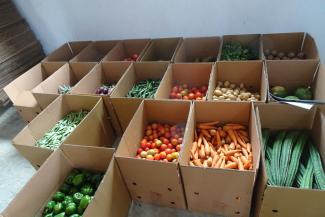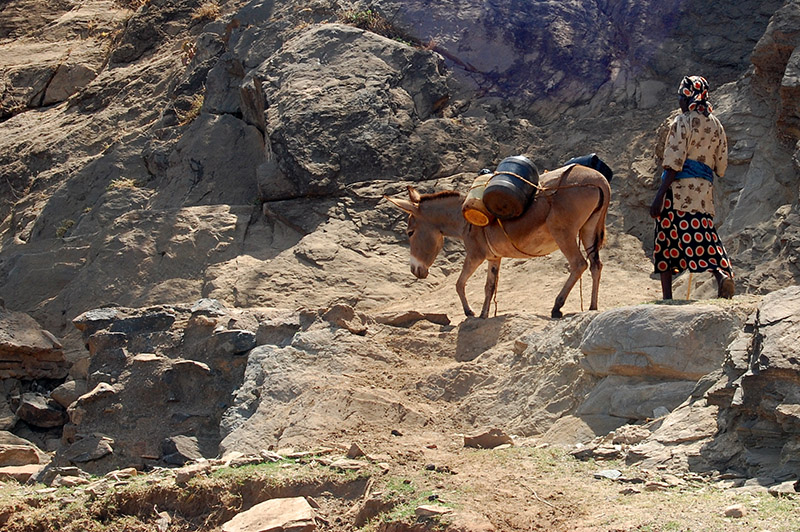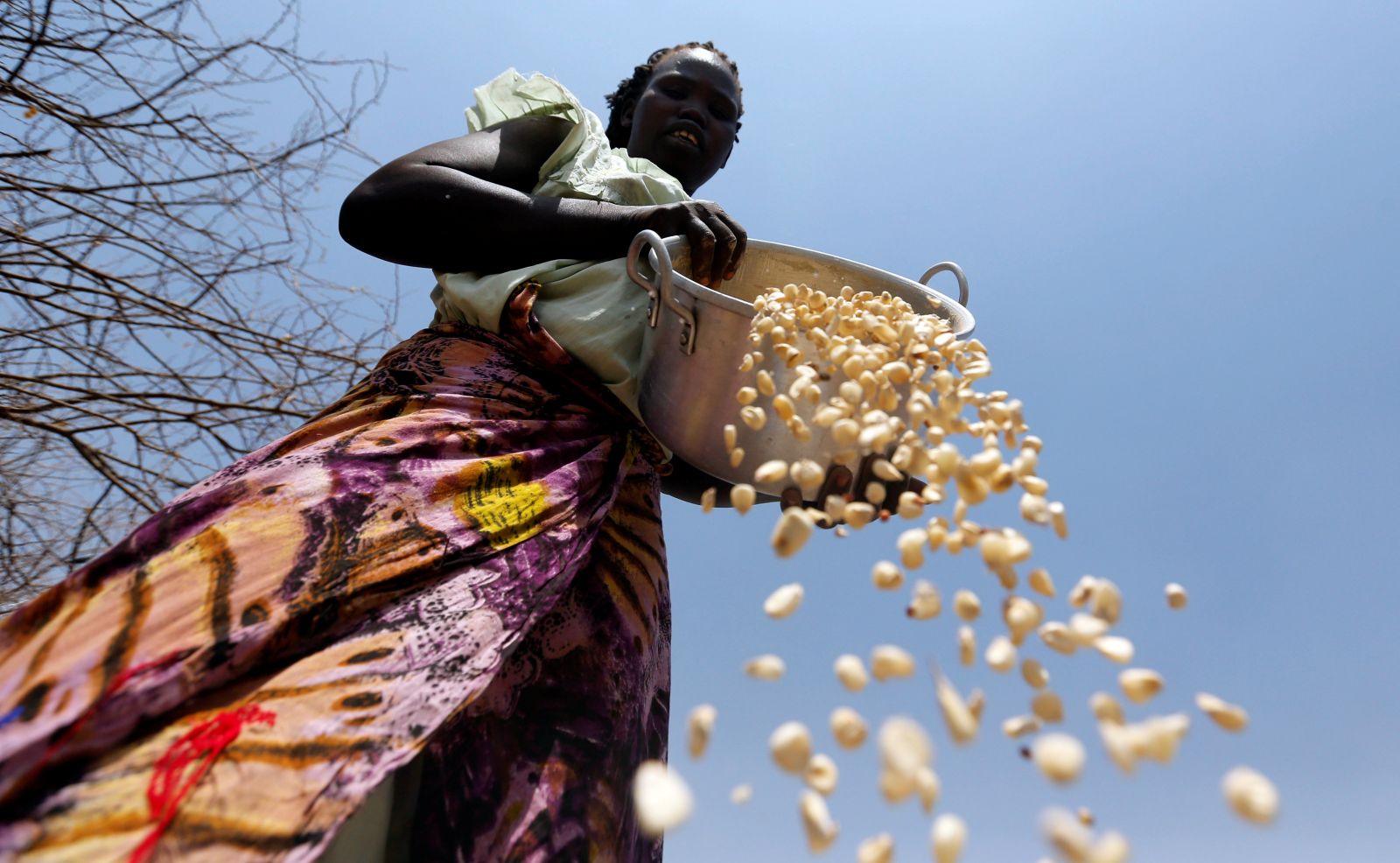Organic pioneers
Cheap, modern and eco-friendly

Typically, smallholders lack up-to-date information on crop rotation, multi-cropping and soil conservation. Such knowledge would boost harvests, reduce losses and protect soils. It is therefore important to adopt the evidence-based methods of organic farming (see main story).
In the developing world, India is a pioneer. There are many organic-farm initiatives in the country’s different regions (see interview with Anitha Reddy in Focus section of D+C/E+Z e-Paper 2019/02). Helga Willer of FiBL, an international research institute, reckons there are more than 1 million organic farmers in India, more than in any other country. Most of them, however, are subsistence farmers who do not have access to commercial marketing systems, she says.
According to T. Vijay Kumar of the non-profit organisation Rythu Sadhikara Samstha (RySS), this is a huge obstacle. RySS is based in Andhra Pradesh, one of India’s southern states, and Kumar gives advice to its government, which aspires to making the state’s agriculture organic by 2026. The method RySS has developed is called “zero-budget natural farming” (ZBNF). It is based on cutting-edge research, Kumar says, but also takes into account regional traditions. ZBNF is an affordable and holistic alternative to conventional farming, which relies on expensive chemical inputs. By contrast, ZBNF uses cattle urin for the microbiological treatment of seeds and cow dung for fertilising field. Moreover, farm land is mulched with crops and crop waste.
According to Kumar, the empowerment of village women is an important dimension of ZBNF. Women’s knowledge matters.
Kumar says that some 750,000 farmers are taking part in the RySS programme so far, and the number is set to rise. The state government of Andhra Pradesh wants to involve 6 million farmers by 2026 and hopes that all fields in the state will be used according to organic methods two years later.
African policymakers so far do not spell out such ambitions. However, a small organic movement has emerged on Zanzibar, where German farmers asked local colleagues to start the organic cultivation of spices. Other local farmers find their example inspiring, says Juma Ali Juma, who serves as minister of agriculture in the island’s sub-national government. In March, he told the III. World Organic Forum in Kirchberg that he considers organic farming most promising not only for Tanzania, the nation Zanzibar belongs to, but for Africa in general. (sb)













